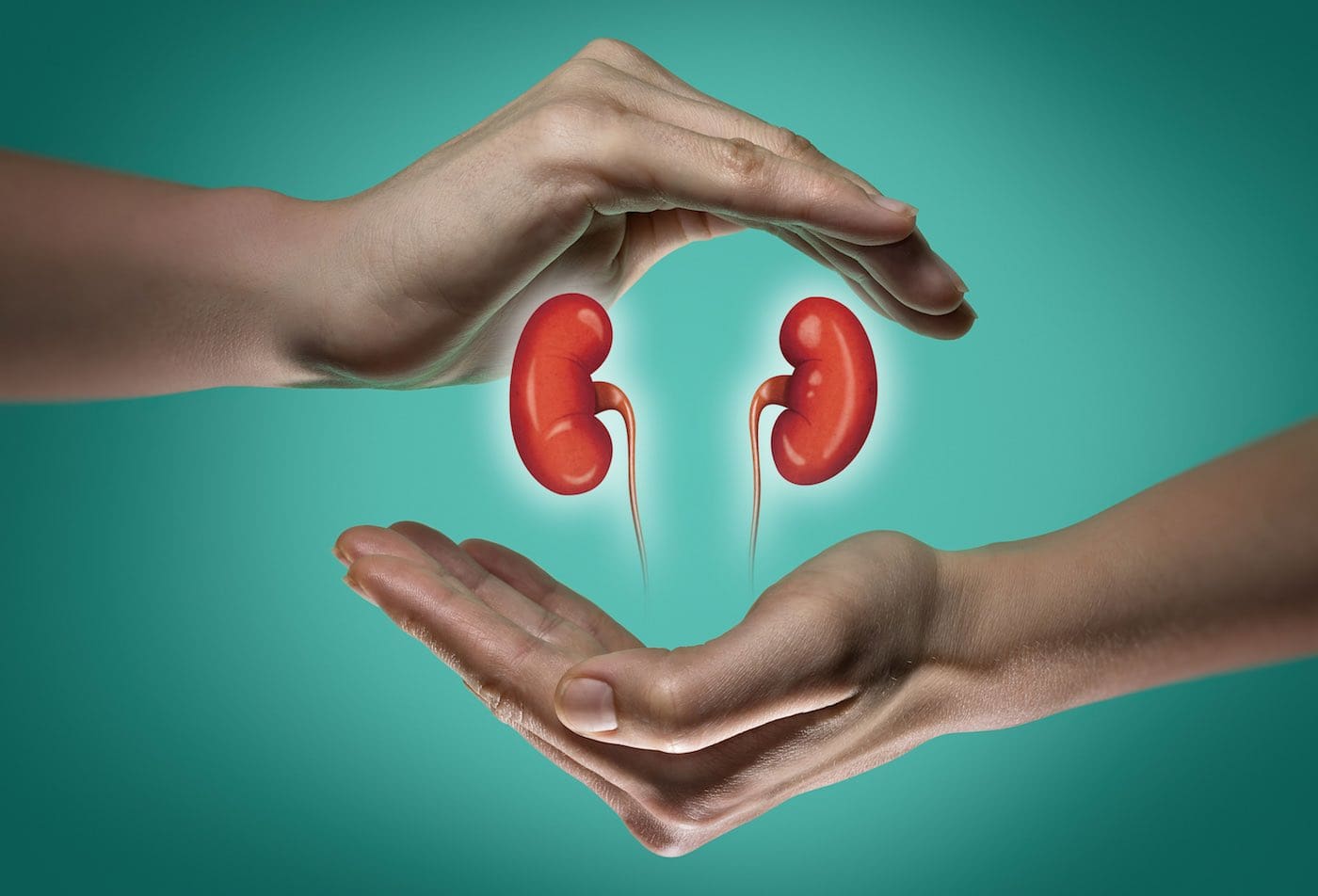Most people are born with two kidneys, each kidney is about the size of an adult fist, and they sit between your ribcage and the small part of your back. On each side, your kidneys clean your blood and filter out all the waste in your body by separating what can be recycled, and what can’t be recycled and that way they remove all the waste as urine. They do this every minute of every day, working hard to keep your body healthy. Your kidneys also help keep your blood pressure healthy.
You have kidney disease when your kidneys are damaged, and they don’t work properly, and kidney problems are very common in Aboriginal communities. If your kidneys aren’t working properly, they have trouble getting rid of the waste and extra water in your blood. That waste and extra water builds up and it can cause serious health problems.
If your kidneys can no longer work to remove the waste and control the levels of fluid in your body, this is called kidney failure. If you have kidney failure, you might eventually need a kidney transplant or dialysis to stay alive.
Kidney failure in Aboriginal communities usually comes on slowly, which is good news because it means if damage is detected early, there are things that can be done. When kidney failure happens quickly, this is called acute kidney failure. You can have acute kidney failure if you’ve had an accident, or had burns or dehydration, if you have kidney stones or tumours, or if your kidneys are damaged from a disease, some medicines can also bring on acute kidney failure. If you have acute kidney failure, it is possible that after treatment, your kidneys will get better and work again.
There are signs to look out for if you think you or someone in your family could have kidney failure, they are tiredness, weakness, being itchy, vomiting, or feeling like you need to vomit, being out of breath, peeing at night, having restless legs, or high blood pressure that won’t go down. If you see any signs of kidney failure, you need to see a doctor straightaway.
Everyone should ask for a kidney health check regardless of whether you have symptoms, it involves blood and urine testing. These tests are called kidney function tests, but are also called renal function tests. It’s also important to check your blood pressure and whether the sugar in your blood is high. If you’re getting tested, there’s nothing you need to do to prepare.
The results can mean different things to different people, so talk to your doctor or your health worker about what the results mean for you. Some types of kidney disease are genetic, so if you’re tested, and you have that kind of kidney disease, the doctor might recommend that your family gets tested too.
There’s plenty you can do to protect your kidneys, eat a balanced diet with plenty of fruit and vegetables, look after your weight, don’t take up smoking, or if you do smoke, get support to quit. Get your blood pressure checked regularly, and keep it under control, exercise regularly. If you have diabetes, stick to your glucose targets. It’s really important that you keep your diabetes under control, so that you can avoid kidney failure.
If you already have kidney disease, there’s still plenty you can do to help prevent getting kidney failure. There are medical treatments that can help, and you can make changes to your lifestyle that will also help your kidneys get better and be stronger. Talk to your doctor about what you can do to keep your kidneys healthy and strong.
Contact Kidney Health Austalia
Phone: 1800 454 363
Email: careteam@kidney.org.au
Website address: www.kidney.org.au
Please send website feedback to: webmaster@kidney.org.au

